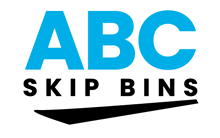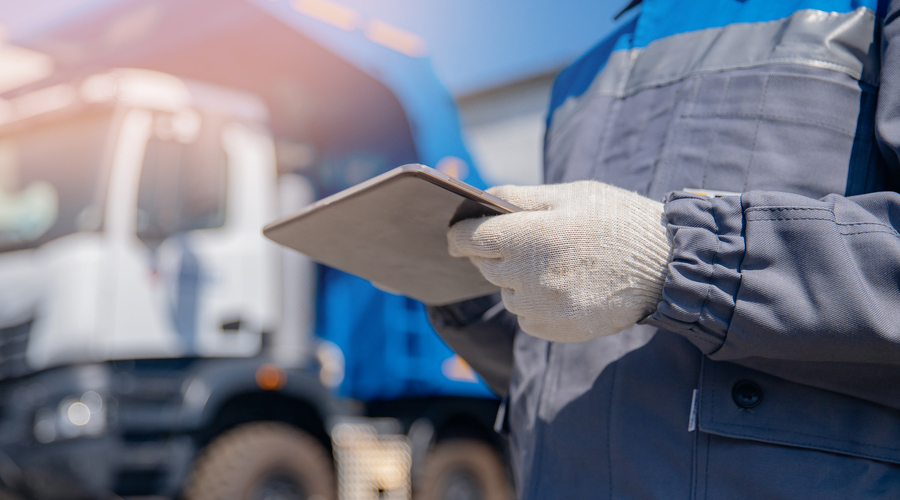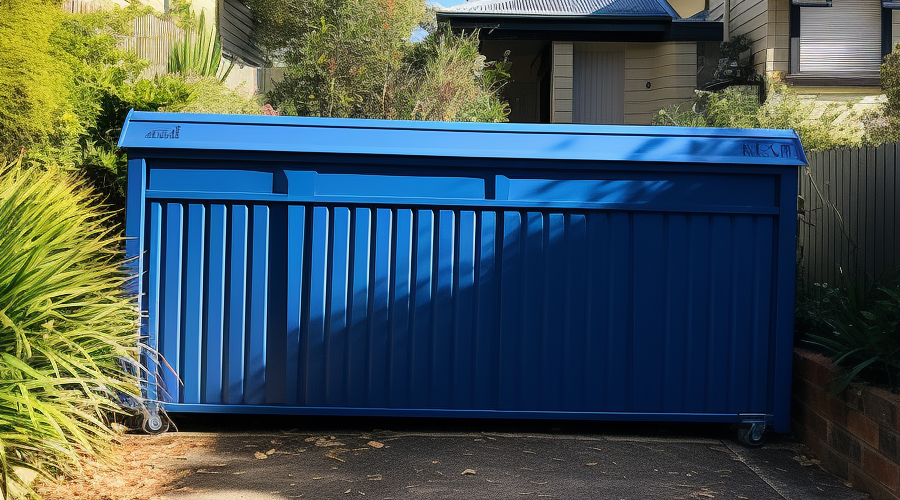Environmental Impact of Skip Bins
Environmental Benefits of Effective Skip Bin Management
Have you ever wondered how using skip bins can actually be good for the environment?
I know, it may seem counterintuitive at first. But hear me out.
Skip bins play an important role in reducing waste and encouraging recycling.
When used properly, they can minimise the amount of waste sent to landfills.
Not to mention, recycling materials reduces the need for new raw materials, saving energy and resources.
I want to walk you through the environmental benefits of using skip bins.
By the end, you’ll see how these big metal boxes aren’t so bad after all.
Waste Hurts Our Planet
Let’s start by talking about the problem – waste.
With the rise of consumerism and convenience, humans generate a massive amount of garbage. According to the Australian Bureau of Statistics, in 2019-2020 Australia produced:
- Over 67 million tonnes of total garden waste and other waste product
- More than 2 tonnes of waste per person
- Only 60% of rubbish was recycled
That means a whopping 40% went directly to landfills.
Landfills take up space, release methane gas, and leach toxic chemicals into soil and groundwater. No bueno for Mother Earth.
Not to mention the waste of resources and energy it takes to produce all that stuff in the first place. Especially when much of it is used once and tossed.
Clearly, we need better waste management practice to reduce what ends up in landfills. This is where skip bins can help.
Proper Skip Bin Use Minimises Waste
Skip bins provide an efficient way to collect and transport large volumes of waste. But it’s really how we use skip bins that makes the difference.
Here are some tips for eco-friendly skip bin use:
Recycle Right
Many skip bin companies now provide separate bins for trash, recycling, and green waste. This makes it easy to properly sort your waste.
Make sure to only put appropriate materials in each bin:
- Trash skip: Non-recyclable general waste destined for landfills
- Recycling skip: Paper, cardboard, glass, aluminum, steel, and certain plastics
- Green waste skip: Yard trimmings, leaves, branches
Mixing waste defeats the purpose of sorting. Contaminated recycling often ends up in landfills.
Rent the Right Size
Oversized bins lead to overfilling with trash. Make sure to order the smallest size suitable for your needs.
Too large and you’ll be tempted to fill it. Too small and you’ll overflow. Measure your waste to pick the optimal bin dimensions.
Load It Right
Don’t just toss waste randomly into the skip hire service. Neatly stack and arrange materials to fully utilise the space.
Packed skips use the volume more efficiently, requiring fewer total bins. That saves collection trips and diesel fuel.
Time It Right
Only keep a skip bin onsite for the required duration. Don’t order too early or return too late.
Minimise rental time to reduce the chance of contamination or undesirable dumping. Coordinate delivery and pickup to coincide with your usage.
Reuse First, Recycle Second
Before disposal, see if any items can be reused or repurposed. What’s trash to you may be treasure to someone else.
Consider donating, selling, or repurposing unwanted goods. Save recycling as a last resort.
How Proper Skip Bin Use Helps Our Planet
When skip bins are used properly, they provide some great environmental benefits:
1. Reduce Waste to Landfills
Skip bins make it easy to recycle, compost, and properly dispose of waste. This diverts tons of material away from landfills each year.
In fact, it’s estimated that recycling 1 ton of waste saves 1.8 cubic yards of landfill space. That really adds up with millions of tons recycled.
Diverting recyclables also reduces landfill methane emissions caused by organic decomposition. Landfills are the 3rd largest source of methane in Australia.
2. Save Energy and Resources
Recycling requires far less energy than making products from new raw materials. Here are some comparisons:
- Aluminum: Recycling aluminum saves 95% of the energy needed to create new metal from bauxite ore.
- Plastics: Recycling plastics uses 88% less energy than virgin plastic production.
- Paper: Recycling paper decreases energy usage by 45%.
- Glass: Each glass bottle recycled saves enough energy to power a computer for 25 minutes.
By recycling through skip bins, we conserve the energy and resources that went into the original material.
3. Reduce Pollution
Skip bins keep waste out of oceans and nature where it doesn’t belong. Litter is harmful to plants, animals, and ecosystems.
Waste in landfills also leads to pollution:
- Rotting garbage produces methane gas and leachate, contaminating groundwater.
- Toxins can build up and linger in soil for decades.
- Plastics break down into microplastics that enter the food chain.
Proper disposal prevents these environmental impacts.
4. Promote Sustainability
Recycling makes use of discarded materials, extending the lifecycle of resources. This positively impacts the environment in a few ways:
- Alleviates demand for raw materials like minerals, timber and oil
- Provides recycled feedstock for manufacturing new products
- Completes the circular economy loop by giving waste value
- Shifts society towards sustainability and away from the wasteful linear economy
Small changes like recycling through skip bins collectively make a large difference.
5. Inspire Waste Awareness
Finally, properly using skip bins inspires waste mindfulness.
Skip bins provide a space to clearly sort waste from recycling. This makes you aware of just how much trash you produce.
With awareness comes action. Skip bins encourage more conscious consumption and lifestyle choices to further reduce food scrap and other waste.
It all starts with disposing properly. Skip bins get people engaged in the waste crisis, which motivates change.
Your Environmental Ally
Hopefully, now you see that skip bins aren’t the enemy. They’re a powerful ally and tool for proper waste management when used properly.
Here are some key takeaways:
- Always sort waste into the proper bins – don’t contaminate recycling.
- Order the right size skip to avoid overfilling.
- Pack skips efficiently without wasting space.
- Minimise rental time to prevent improper waste removal.
- Reuse or repurpose items before recycling as the last resort.
Following these tips minimises waste sent to landfills while saving energy and resources. It also reduces pollution, promotes sustainability, and inspires waste awareness.
We all play a role in the health of our planet. Something as simple as using skip bins properly keeps tons of waste out of landfills each year.
So next time you see a skip bin, remember it’s an environmental helper, not harm. Use it wisely and help our planet breathe easier.
FAQs About Skip Bins and the Environment
Can Skip Bins Rust, Leak, or Spill Waste?
Skip bins are made of durable, corrosion-resistant materials like steel, plastic or aluminum. Modern bins have sealed bases and lids to prevent leaks. Any liquid discharge during transport is captured and treated. Well-maintained bins by reputable companies pose no contamination risk.
Are Skip Bins Bad for Air Quality?
Exhaust from skip bin trucks does contribute to air pollution like all diesel vehicles. However, making collection efficient by packing bins tightly and minimising trips reduces a bin’s carbon footprint. One bin can hold waste from many sources, consolidating transport. This replaces dozens of individual car trips, ultimately lowering emissions.
Is It Cheaper to Use Skip Bins or Dump at the Landfill?
For large volumes of waste, skip bins are much cheaper than self-hauling to the dump. You avoid rental/gas costs and time of hauling it yourself. Skip companies have optimised routing to make collection fast and efficient. The more waste you have, the more you save by using a skip service.
Can I Put Hazardous Waste in Skip Bins?
No, hazardous waste should never go in a standard skip bin. This includes chemicals, fuels, oils, batteries, lightbulbs, paints, etc. Most companies provide special “eco bins” just for disposing of hazardous waste properly. Check with your local skip company on how to handle dangerous materials.
How Can I Recycle More Through Skip Bins?
Use recycling skips exclusively for approved recyclables. Don’t mix with trash which contaminates the load. Break down cardboard boxes and arrange materials neatly to maximise space. Choose the right bin size to avoid packing in extra trash. Request more frequent recycling collection as needed. Talk to your company about adding a green waste skip to recycle yard trimmings.
Conclusion
At the end of the day, we all have a personal responsibility to minimise and properly sort our waste.
Small actions like recycling through skip bins collectively make a huge environmental impact.
Approach your skip bin as an ally, not an enemy.
Use it as an instrument for change rather than waste enabling.
You have the power to divert tons from landfills and propel the circular economy by disposing properly.
Are you ready to wield your skip bin as a force for good?
The environmental stakes have never been higher, but together we can build a sustainable future through mindful actions.



